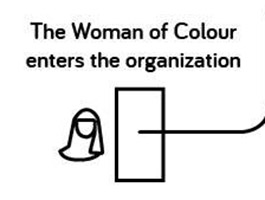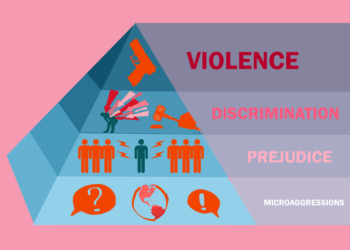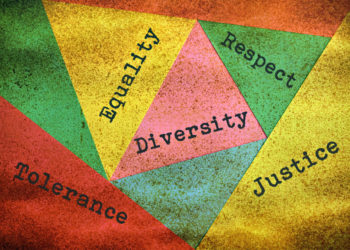Editor’s Note: Today’s post is by Jocelyn Dawson. Jocelyn is the Journals Marketing Manager at Duke University Press and a member of the SSP Diversity and Inclusion Task Force.
It was standing room only at the panel “Building an Inclusive Culture in Scholarly Publishing” on the first day of the 2018 Society for Scholarly Publishing (SSP) Annual Meeting. Over sixty attendees filled the room to hear Peter Berkery of the Association of University Presses (AUPresses), Jody Gray of the American Library Association (ALA), and Jean Shipman of Elsevier discuss organizational initiatives to address scholarly communications’ inclusion problem.
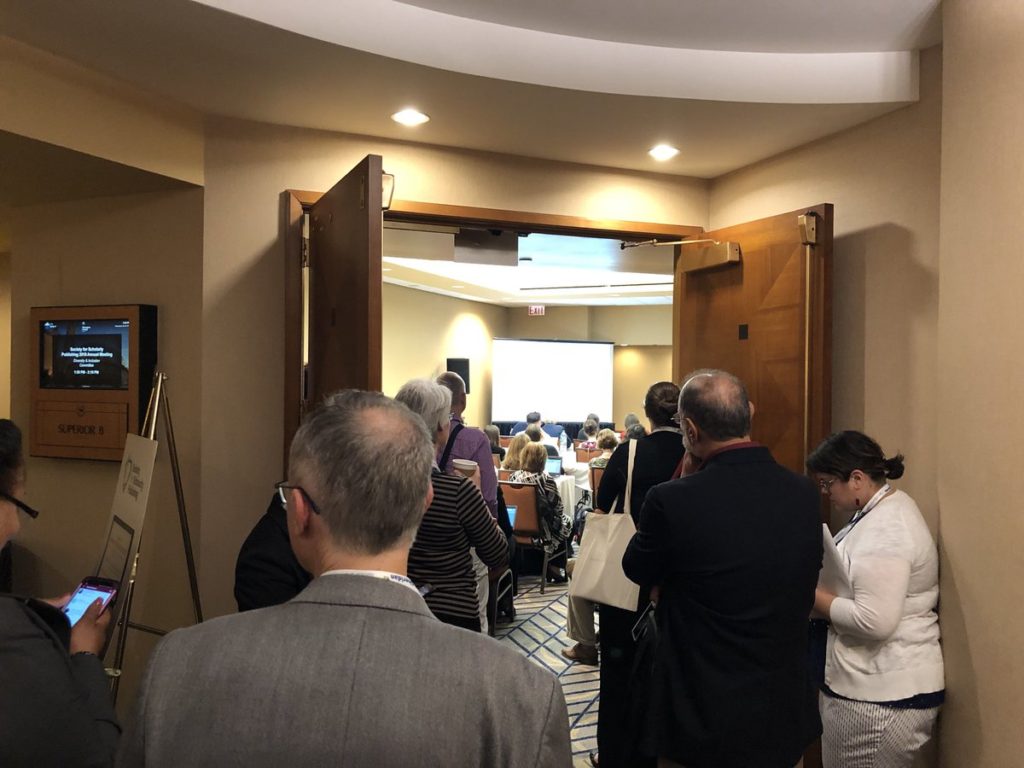
Most encouraging to Rebecca McLeod (moderator), Alice Meadows, and I, organizers of the panel on behalf of the SSP Diversity and Inclusion Task Force, was the significant increase in attendance from last year’s panel on the topic. Whether it was the series of Scholarly Kitchen posts on inclusivity, which have included powerful testimonies from people of color (essential reading found here and here), the proliferation of inclusion-focused task forces throughout the industry, or the current political climate, more attendees seemed to recognize the urgency of these conversations. Gray, Director of the ALA Office for Diversity, Literacy and Outreach Services, reflected on this imperative, urging that inclusivity work should be “everybody’s everyday work,” and that the onus for a more diverse industry should not be on underrepresented groups.
Berkery, Executive Director of AUPresses, highlighted efforts by the organization and its members, including the creation of Mellon Diversity Fellowships at four member presses, with the University of Washington Press as Principal Investigator on the three-year grant. Fellows complete a year of employment in an editorial department and receive complimentary registration and travel funds for the AUPresses annual meeting. Encouraged by the success of the program’s first two years, an even greater number of the AUPresses’ member organizations are eager to participate in the program’s expansion. Berkery credited the AUPresses’ Diversity and Inclusion Task Force for their thoughtful engagement with equity work, and for helping to strengthen the statement of principles soon to emerge from the Coalition for Diversity and Inclusion in Scholarly Communications. This group of ten organizations — including AUPresses and SSP — will also be funding a baseline survey to gather demographic and salary information from participating organizations (discussed here).
Shipman, Vice President of Global Library Relations at Elsevier, addressed the company’s recently reported gender pay gap in the UK, and subsequent work they have been doing to address this issue in their offices around the world. In a recently launched initiative, all employees will participate in unconscious bias training. Prior to the report, Elsevier had already completed the first level of EDGE Certification, an international business certification standard for gender equality, and had also expanded their mentoring programs for women (technology and management). Elsevier provides feedback to its editorial boards on gender composition and potential biases in the peer review process. Shipman encouraged attendees to download Elsevier’s “Gender in the Global Research Landscape” report, which offers an overview of research performance (outputs, quality, and impact) through a gender lens using a unique gender disambiguation methodology.
Gray’s presentation on the ALA’s efforts made it clear that scholarly publishing has a lot to learn from our colleagues on the library side. In addition to having staff devoted to diversity and outreach, the ALA has a well-established strategic direction around equity, diversity, and inclusion (see page 6) and provides an orientation to new Board members highlighting the overlap between the organization’s focus on outreach and literacy and its social justice and equity and inclusion efforts:
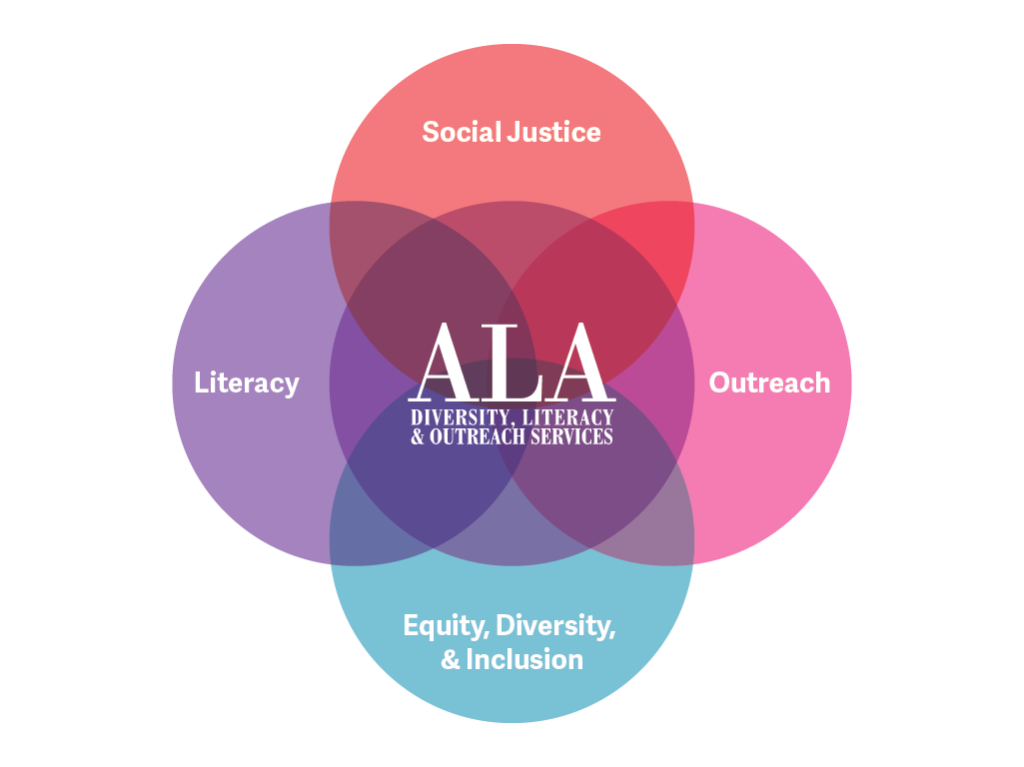
ALA is also attentive to issues surrounding gender and sexuality, providing pronoun ribbons for badges at its midwinter and annual conferences, and encouraging staff to add pronouns to their email signatures. They are in the process of adding an option to self-identify gender on all of the organization’s forms.
Gray emphasized that ALA’s work in equity and inclusion is centered on a social justice framework that looks closely at power and privilege. She reminded the audience that being inclusive does not mean everyone will be happy — it is about having more people at the table and having more people’s voices heard, even if that means some will be uncomfortable. Berkery agreed, reminding the audience that discomfort is part of this work and that we have to be willing to push through it.
The panelists discussed how crucial a mandate from leadership is for doing this work, and how an investment in strategic efforts can save time in the long run — by providing staff with a foundational understanding around these issues, less time will be spent being reactive. They also discussed the necessity of providing staff with groundwork in equity issues, as a critical step toward making work culture more inclusive — more than any checklist or best practices. Without employees having a basic understanding of how power and privilege play out in our work environments, equity work can fail to gain traction.
Between the stack of chairs that needed to be rolled in for the standing-room only crowd and Safiya Noble’s motivating keynote session based in critical race theory and feminism, the SSP Annual Meeting was a dose of much-needed medicine for an industry working toward a more inclusive future.
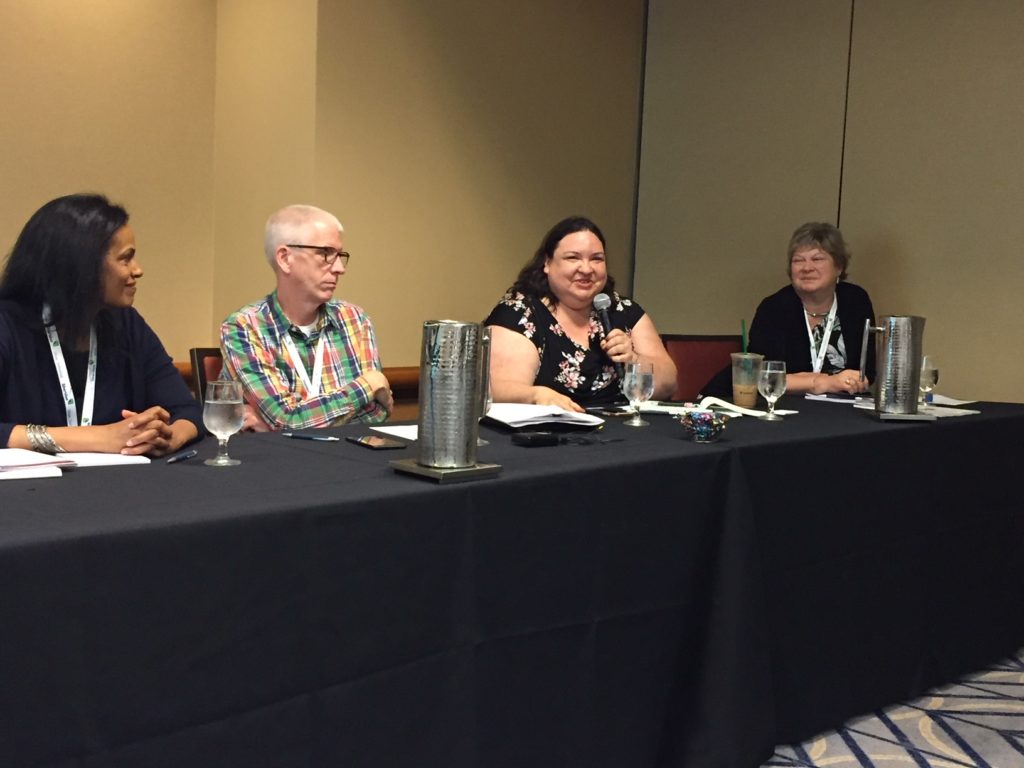
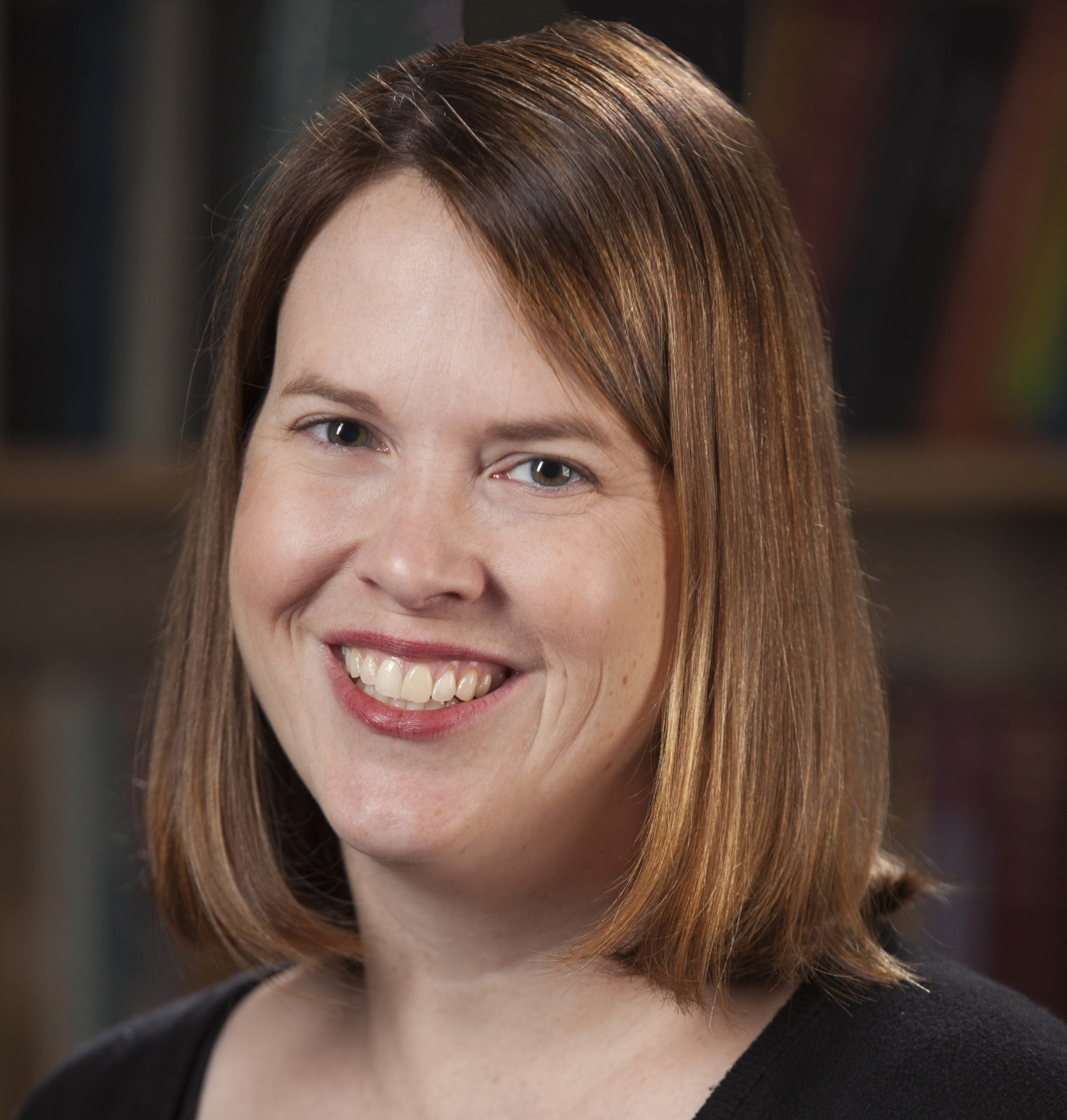
Discussion
1 Thought on "Guest Post: Building an Inclusive Culture in Scholarly Publishing is “Everybody’s Everyday Work”"
Is there also a report on the “Workplace Equity in the Scholarly Publishing Industry” session?
